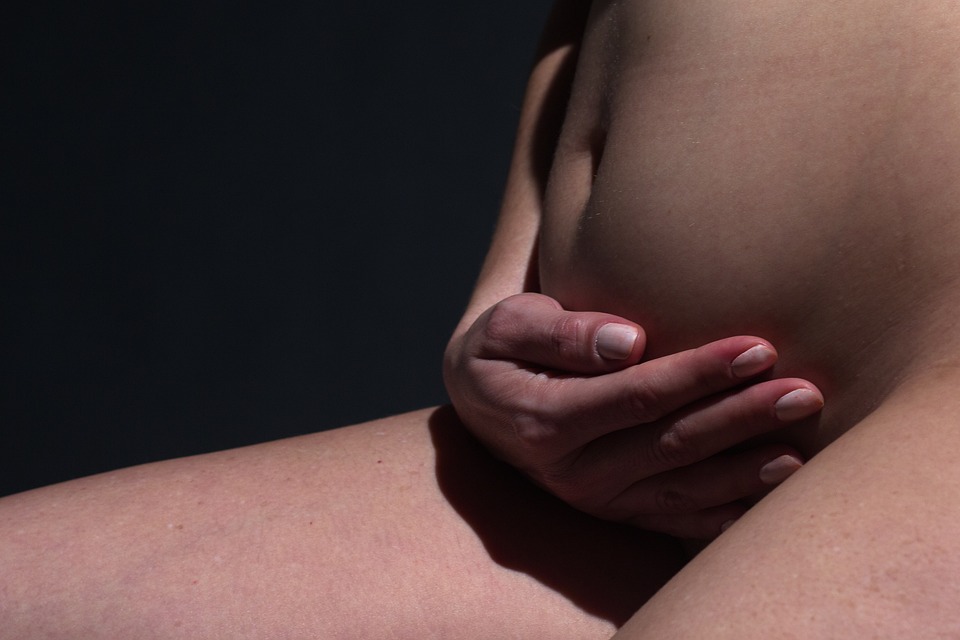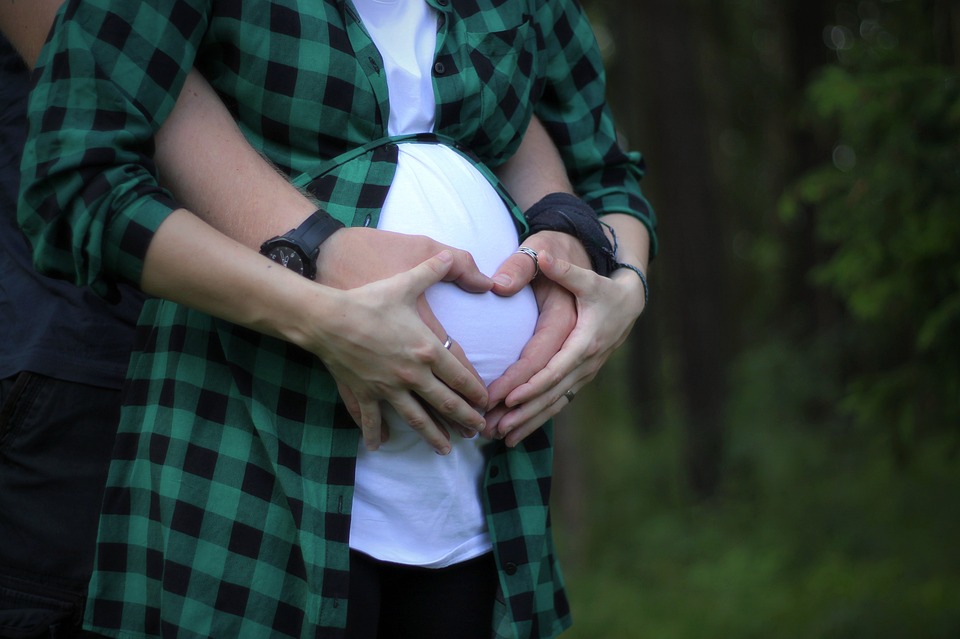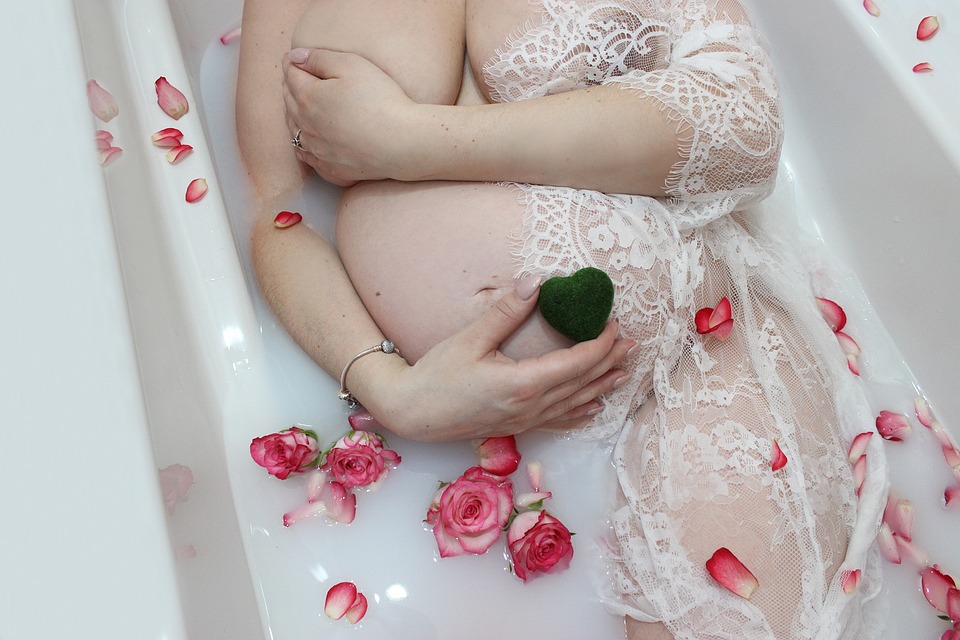
Pregnancy is a beautiful and miraculous journey that marks the beginning of a new life. From the moment of conception to the birth of a baby, a woman’s body undergoes incredible changes and transformations over the course of nine months. Each stage of pregnancy is unique and brings its own set of joys, challenges, and experiences. In this article, we will explore the timeline of pregnancy stages, from bump to baby, and delve into the physical, emotional, and psychological changes that occur along the way.
Stage 1: Conception
The journey of pregnancy begins with the miracle of conception. When a sperm fertilizes an egg, a new life is created. This moment marks the beginning of the incredible process of growth and development that will unfold over the next nine months. After conception, the fertilized egg travels down the fallopian tube and implants itself into the lining of the uterus, where it will continue to grow and develop into a baby.
During this stage, many women may not even be aware that they are pregnant, as the fertilized egg has not yet attached to the uterine wall. However, some women may experience early signs of pregnancy, such as fatigue, nausea, and breast tenderness. It is important for women to start taking prenatal vitamins and make healthy lifestyle choices, such as eating a balanced diet and avoiding harmful substances like alcohol and tobacco, to support the healthy development of the baby.
Stage 2: First Trimester (Weeks 1-12)
The first trimester is a critical and challenging stage of pregnancy, as the baby undergoes rapid growth and development. By the end of the first trimester, the baby’s major organs, limbs, and facial features are developing, and the heartbeat can be detected. During this stage, the mother may experience a range of symptoms, such as morning sickness, fatigue, mood swings, and food cravings. It is important for women to attend regular prenatal check-ups and screenings to monitor the health and development of the baby.
As the pregnancy progresses, the baby’s bump may start to show, and the mother may begin to feel the baby’s movements. It is crucial for pregnant women to get enough rest, eat a healthy diet, and stay active to support the growth and development of the baby. The first trimester is also a time of emotional adjustment, as the mother prepares for the arrival of her baby and navigates the physical and emotional changes of pregnancy.
Stage 3: Second Trimester (Weeks 13-26)
The second trimester is often considered the “honeymoon” stage of pregnancy, as many women experience a relief from the symptoms of morning sickness and fatigue. During this stage, the baby continues to grow and develop, and the mother may start to feel more energetic and active. The baby’s bump becomes more prominent, and the mother may start to experience the first signs of the baby’s movements, known as “quickening.”
As the pregnancy progresses, the mother may undergo routine prenatal screenings, such as ultrasound scans and blood tests, to monitor the health and development of the baby. It is important for the mother to continue to eat a healthy diet, exercise regularly, and attend prenatal check-ups to ensure the well-being of herself and her baby. The second trimester is also a time of emotional bonding, as the mother begins to feel more connected to her baby and prepares for the upcoming arrival.
Stage 4: Third Trimester (Weeks 27-40)
The third trimester is the final stage of pregnancy, as the baby prepares for birth and the mother prepares for motherhood. During this stage, the baby continues to grow and develop, and the mother may experience symptoms such as backache, frequent urination, and difficulty sleeping. The baby’s movements become more pronounced, and the mother may start to feel Braxton Hicks contractions, which are practice contractions that prepare the body for labor.
As the due date approaches, the mother may undergo regular prenatal check-ups, including ultrasound scans and cervical checks, to monitor the health and development of the baby. It is important for the mother to prepare for labor and delivery, including creating a birth plan, packing a hospital bag, and attending childbirth classes. The third trimester is a time of anticipation and excitement, as the mother prepares to meet her baby for the first time.
Stage 5: Labor and Birth
Labor and birth mark the final stage of pregnancy, as the baby is ready to enter the world. Labor begins when the mother’s body starts to experience regular contractions that help to dilate the cervix and push the baby through the birth canal. The mother may experience a range of emotions, such as excitement, fear, and anticipation, as she prepares for the arrival of her baby.
During labor, the mother may undergo different stages of labor, including early labor, active labor, and transition, before reaching the final stage of pushing and delivering the baby. It is important for the mother to stay calm, focused, and resilient throughout the process of labor and delivery, and to have a support team, such as a partner, doula, or midwife, by her side. After the baby is born, the mother may experience a wave of emotions, such as joy, relief, and awe, as she holds her baby for the first time.
Stage 6: Postpartum Period
The postpartum period marks the beginning of a new chapter in the mother’s journey, as she navigates the challenges and joys of motherhood. During this stage, the mother may experience physical symptoms such as uterine cramping, postpartum bleeding, and breast engorgement, as her body adapts to the changes of pregnancy and childbirth. The mother may also experience emotional symptoms such as baby blues, postpartum depression, and anxiety, as she adjusts to the demands of caring for a newborn.
It is important for the mother to seek support from her partner, family, and friends, and to take care of herself physically and emotionally during the postpartum period. The mother may undergo postpartum check-ups and screenings to monitor her physical and emotional well-being, and to ensure the health and development of her baby. The postpartum period is a time of bonding, healing, and adjustment, as the mother and baby form a strong and loving connection.
In conclusion, the journey of pregnancy is a remarkable and transformative experience that brings new life into the world. From conception to birth, each stage of pregnancy is unique and brings its own set of challenges, joys, and experiences. It is important for pregnant women to take care of themselves physically, emotionally, and psychologically, and to seek support from their loved ones during this special time. By embracing the journey of pregnancy, women can prepare for the miracle of childbirth and the adventure of motherhood that awaits them.






